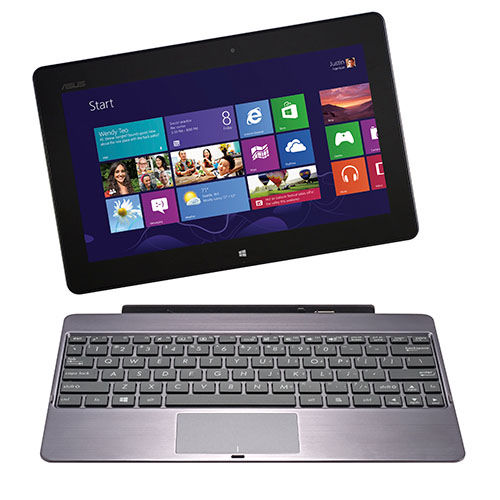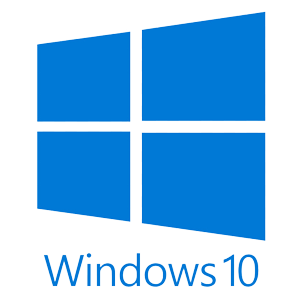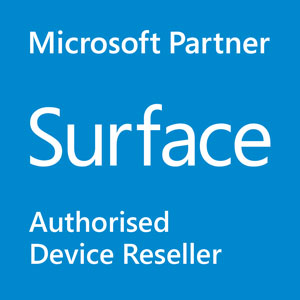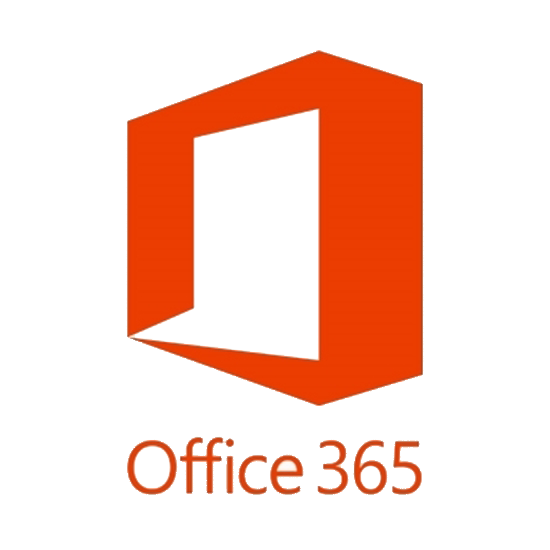 A colleague sent me an ARN article announcing the supposed failure of Windows RT today. The article points to price reductions on some of the less compelling Windows RT and Windows 8 tablets as speculative evidence of this failure.
A colleague sent me an ARN article announcing the supposed failure of Windows RT today. The article points to price reductions on some of the less compelling Windows RT and Windows 8 tablets as speculative evidence of this failure.
Having recently returned from the MVP summit in Redmond, I believe that Windows RT has not failed from Microsoft’s perspective.
Windows on ARM is a long term play for Microsoft. Microsoft don’t need the money… They need the minds.
Windows can ARM too!
The positioning of Windows RT has always been “us too.”
That is, Microsoft OEMs can build small, low cost, light weight tablets that run simple touch apps too. If you need that type of device – and millions do – then you can stay with Windows. Keep developing your apps in visual studio and just publish out to a cheap Windows tablet that ticks the boxes.
Windows RT is a play to keep developers and corporates on board with Windows, and that simply won’t happen overnight.
 There are 3 problems that are currently thwarting the Windows RT strategy:
There are 3 problems that are currently thwarting the Windows RT strategy:
- Apps – For Windows RT to be successful long term, the app store needs to fill up and developers need to get on board because Windows RT is entirely reliant on apps where Windows 8 is not.
- Size –The app based Windows RT would work well on smaller 7” tablets where Windows 8 would not fit period.
- Cost – Smaller tablets would also be cheaper and Windows RT devices need to be significantly cheaper than the competition to work without the wide selection of apps found on iOS and Android.
Those three things are bound to change, and Microsoft is generally no Hewlett Packard when it comes to sticking with new things that take time. XBox comes to mind as a success that took a long time and Zune as a failure that stuck around long enough to give it a chance.
Windows 8 tablets are compelling
In the meantime high end Windows 8 tablets are too hot to hold since they offer a far more compelling proposition. In fact, many of the customers that I served at the Microsoft Store in Bellevue last month were upgrading from the Surface RT to the newly released Surface Pro.
For the time being at least the problems listed above mean that Windows 8 tablets will outpace Windows RT tablet sales. There’s no shortage of apps for Windows 8 thanks to the built in Windows desktop support.
Additionally current sales of Windows 8 tablets are to early adopters, not to wider project deployments.
Current buyers of Windows 8 tablets generally want the best that technology can offer. High end models well and truly outsell low end as evidenced by the continuing shortage of 128Gb Surface Pros. And business customers can easily justify the higher price for an all in one tablet.






